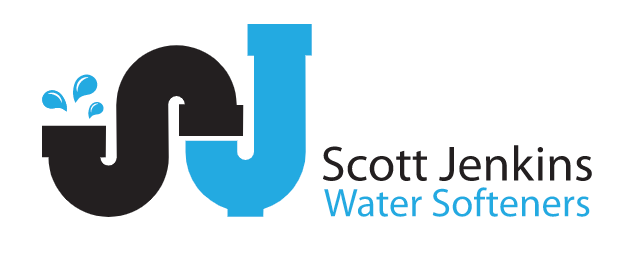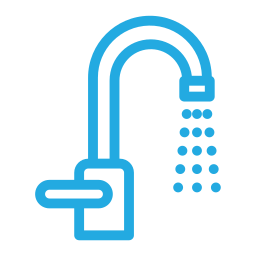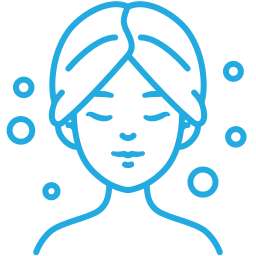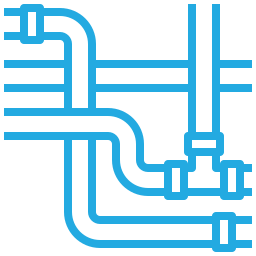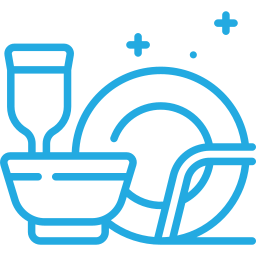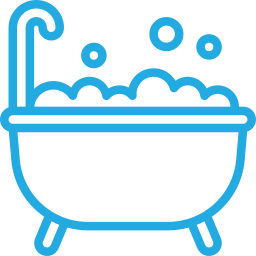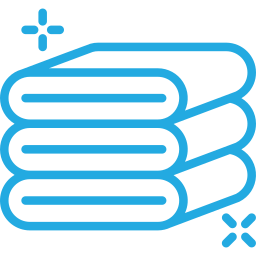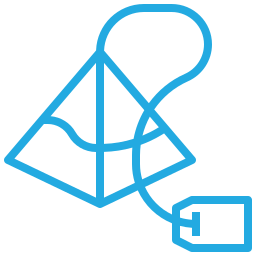The Importance of Washing Fruit and Vegetables in Filtered Water
Short story | Full story | Conclusion
-
Likelihood of fruit and veg being contaminated now greater than ever
-
Avoid washing produce from an unfiltered mains supply – it could contain plenty of its own contaminants
-
Fruit and vegetables bought in the shops may be full of numerous harmful pathogens
-
Washing all produce before consuming is advisable
-
Having filtered water to wash fruit and veg will remove the vast majority of all contaminants
-
Reverse osmosis filtration provides the purest filtered water for food prep
-
Eat plenty of fruit and veg on a daily basis – but wash it well first in filtered water (with clean hands)
Fruit and vegetables are an integral part of our daily diet. But when you buy them from the supermarket, grocers or elsewhere they are highly unlikely to be in a healthy, ready-to-eat state.
Unwashed fruit and veg could contain numerous bacteria and pathogens, which could be extremely bad for you.
That’s why it is vital to wash all fruit and veg before cooking or consuming raw.
But here’s the thing. If you rinse it off under the mains tap, the chances are that the water will contain a number of equally or more harmful contaminants, like PFAS forever chemicals.
That’s why it is important to always use filtered water to wash your fruit and and vegetables. Reverse osmosis filtration works best but active carbon filters are also recommended. Washing fruit and vegetables in filtered water is the best and safest way to enjoy your food.
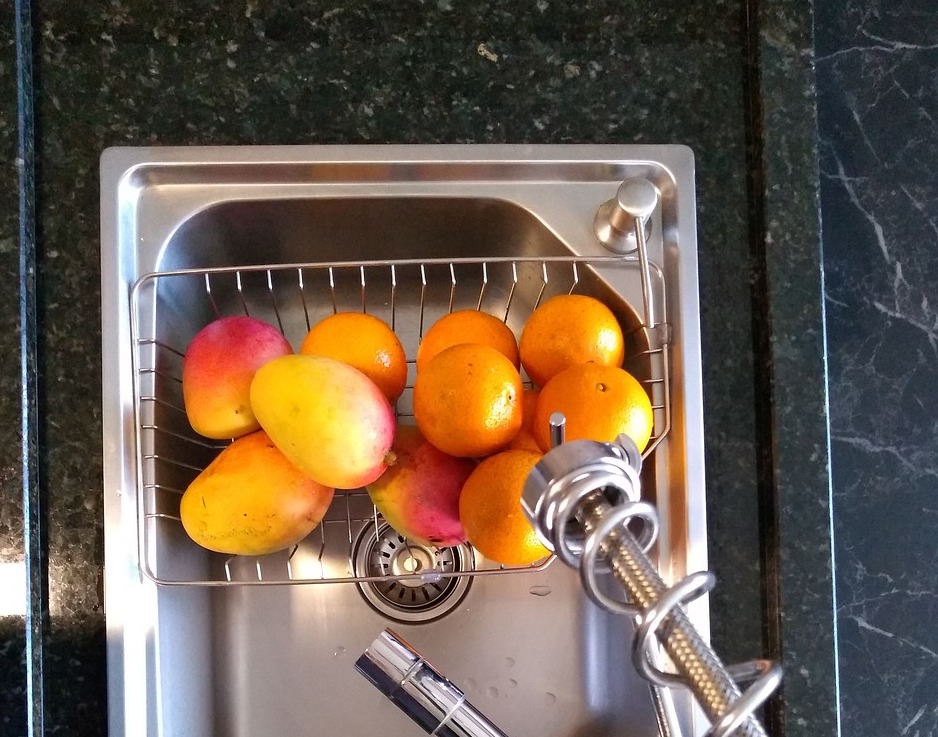
The full story
What’s in our food – and what’s on our food? Where has it been, whose been handling it and what’s been sprayed on it? Who would know for sure!
Our exposure to potentially contaminated fruit and vegetables is now far greater than ever before. This is because of the increasing industrialisation and globalisation in food production and processing, with the worldwide trade in fruits and vegetables being a good example. Different climates, regulations and cultures all come into the mix.
The result being that what arrives on the supermarket shelves (or elsewhere) is not likely to be clean for consumption.
The one thing you can be sure about, therefore, is that before use, you should always thoroughly wash any fruit and vegetables you buy.
And not with water that’s come straight from the mains tap, if you can avoid it.
The problem with simply washing fruit or veg under the tap is that the water itself is likely to be full of contaminants. You could well be replacing one contaminant – like a pesticide – with plenty of other unhealthy ones like lead, synthetic hormones or even PFAS “forever” chemicals.
Where possible, you should always wash fruit and vegetables in filtered water when you are preparing items for cooking or for immediate eating, e.g., apples, tomatoes or celery.
What could be in the fruit and vegetables you buy?
Often consumed raw, fresh fruit and veg might look harmless enough but it may well contain pathogens like salmonella, listeria and strains of E. coli. Any of these can cause a very nasty reaction – nausea, vomiting, diarrhoea or worse.
Apart from this, any non-organic products are likely to have been sprayed with pesticides. It might keep greedy insects from eating them, but these pesticides aren’t exactly designed to promote good health.
Just because you can’t see any contaminants, or the produce doesn’t smell funny, doesn’t mean that nasty things aren’t lurking.
You won’t know quite how many hands these products may have passed through, so eliminating germs before you prepare and eat is highly recommended.
Does washing fruit and vegetables help?
In recent years, there has been focus on fruits and vegetables such as sprouts, celery and certain types of melon, which have been shown as potential sources of food-borne pathogens. Whilst they are more susceptible to being contaminated, the reality is that no fresh produce should be regarded as toxin free. You should wash all your fruit and vegetables before eating. Even things like “pre-washed” packets of spinach.
Washing is designed to make the products safe to consume, removing any dirt, grime or micro-organisms (bugs) that may have collected on the surface. It should also flush away most pesticide accumulation.
And just because you might peel a carrot before cooking it eating it raw, it’s still best to wash after peeling.
But the quality of water you use to wash your fruit and veg is key. The last thing you would want to do is to cross-contaminate what you are about to digest.
To a certain extent, cooking can kill many pathogenic bugs, but best to be on the safe side and wash first at the prep stage.
Why it is important to wash fruit and veg in filtered water
If all this is putting you off fruit and vegetables – it shouldn’t. Fruit and veg is extremely good for us – a nutritious mainstay of a well-balanced diet. Five-a-day and all that.
Ensure, however, they are washed in filtered water.
Having filtered water in your home means you start the fruit and veg washing with a clean slate. If you have a reverse osmosis filtration system in your home, you can be assured that over 90% of all impurities, including PFAS chemicals, will have been removed from your water supply.
Activated carbon filters aren’t as effective but are still capable of removing around three quarters of any bad stuff in your mains water.
How long should you wash the food for?
You don’t need to use gallons of water, especially for individual items, but certainly a good ten seconds for something like a punnet of strawberries or blueberries, making sure your own hands are clean first.
Conclusion
If it isn’t something you already do as routine, washing any fruit and vegetables that you buy from the shops should be standard practice. But, given the questionable quality (purity) of the mains supply, avoid using unfiltered water to rinse them off. The chances are you could end up replacing one load of contaminants present in the food with other types of possibly even more dangerous chemicals and particulates lurking in your water.
That’s why it’s always best to have filtered water in your property, which is not only safe to drink but will also remove any bugs, pesticides and bacteria that’s found its way into anything you’ve bought for tonight’s dinner table – from cauliflower to kiwi fruit.
At Scott Jenkins Water Softeners, the high quality range of reverse osmosis filtration products we sell alongside with a top selection of activated carbon filters, are designed to suit all budgets. We operate throughout West Sussex, East Sussex, Surrey, Hampshire, Dorset and Greater London. For all enquiries, call SJ Water Softeners on 01243 607494 or via email: scott@sjbs.info
